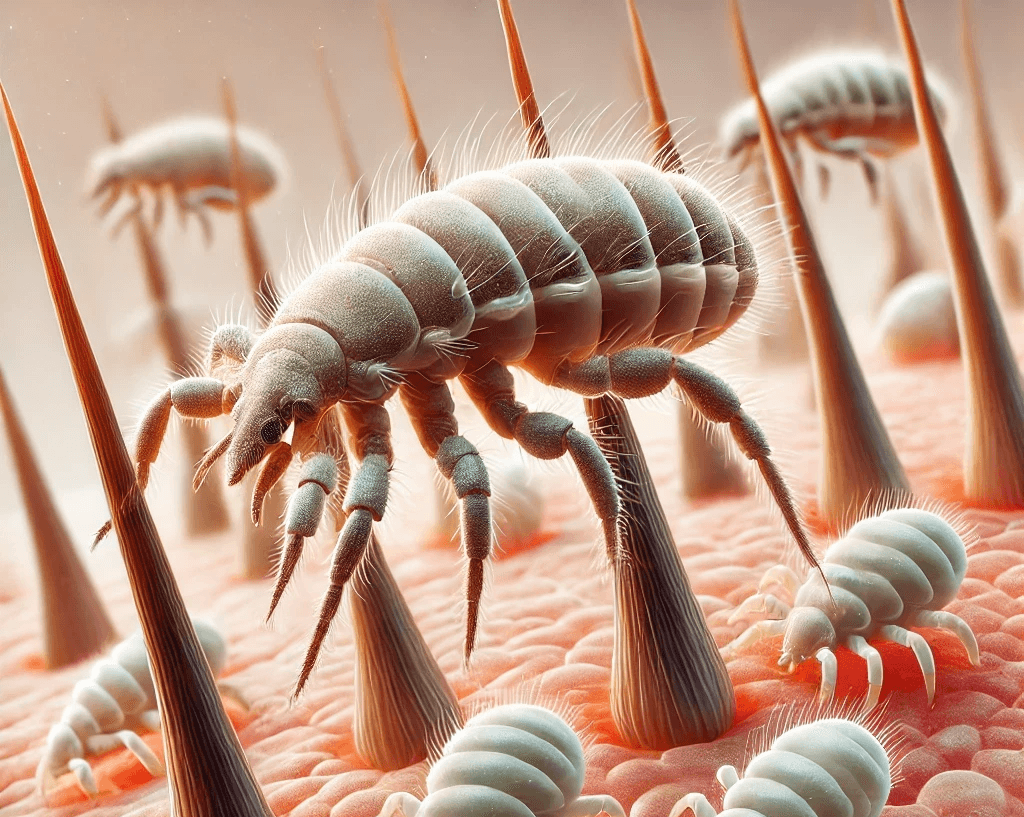Sep 4, 2024
Staying Healthy
Lice are tiny parasitic insects that live on the human scalp and feed on blood. There are three types of lice that affect humans: head lice, body lice, and pubic lice. Head lice are the most common and are typically spread through direct contact with an infested person’s hair. Lice can cause itching, irritation, and visible nits (lice eggs) on the scalp.
Lice infestations are particularly common among children and can spread in settings like schools and daycare centers. Contrary to popular belief, lice infestations are not a sign of poor hygiene and can affect anyone regardless of cleanliness.
Symptoms of Lice
The primary symptoms of lice include:
Intense itching on the scalp, neck, and ears.
The presence of lice eggs (nits) near the scalp.
Small red bumps or sores from scratching.
How to Treat Lice
Lice can be treated with over-the-counter shampoos or prescription medications designed to kill both lice and their eggs. In some cases, special combs are used to remove nits from the hair. Cleaning personal items like hats, combs, and bed linens is also essential in preventing reinfestation.
How to Prevent Lice
Preventing lice involves avoiding head-to-head contact, not sharing personal items like hats or combs, and regularly checking for nits. Regular hygiene practices, while not directly preventing lice, help monitor potential infestations early.
For more information, check out the full article on National Geographic
